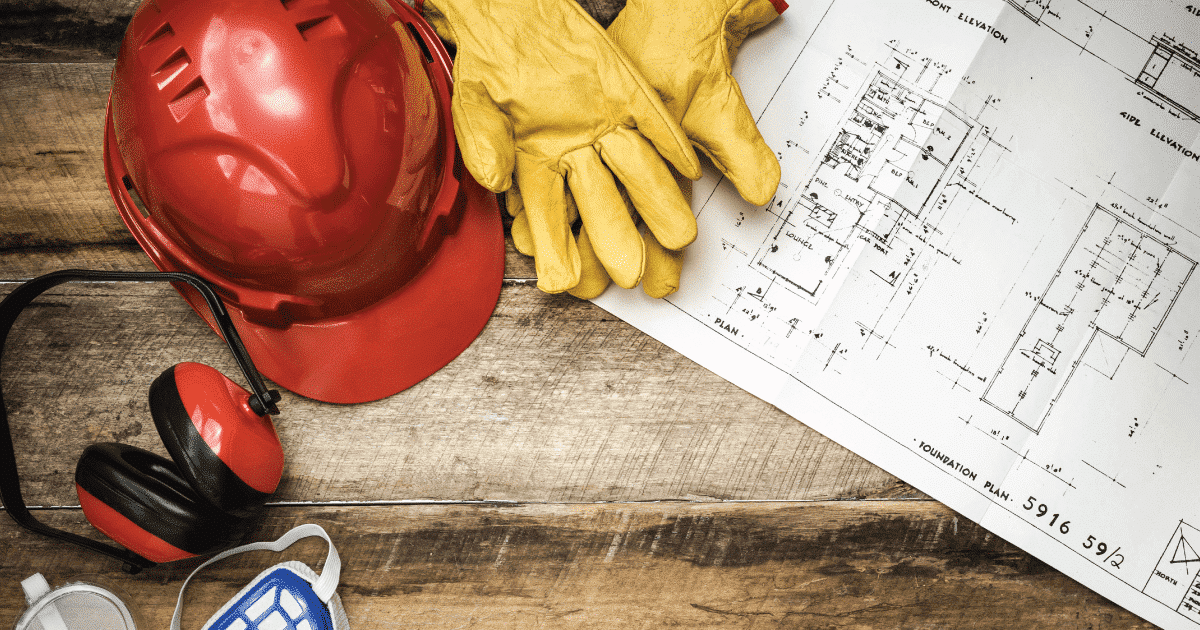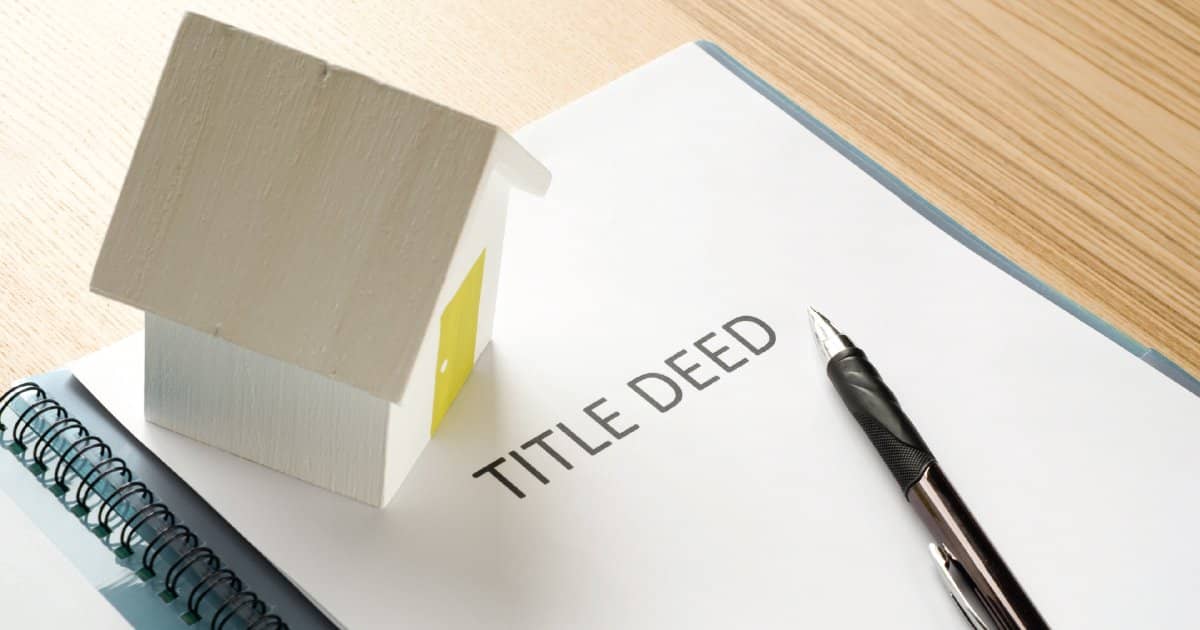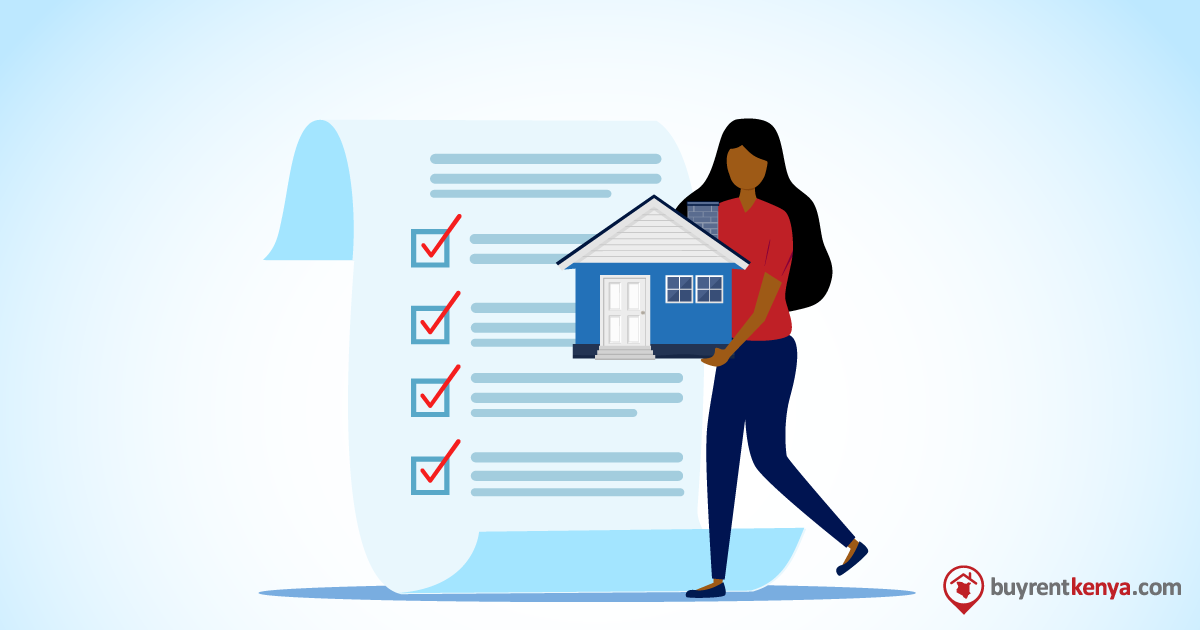Due diligence is an investigation of potential investment prior to making a commitment in order to confirm all facts and keep an investor’s resources safe before entering into a transaction. It is considered a reasonable act expected of anyone thinking of investing.
In real estate, due diligence is defined as a buyer’s obligation to do an investigation of the property to determine whether he/she is satisfied. During this period, the buyer conducts an in-depth analysis of the condition of the property and the feasibility of purchasing the property. If the buyer finds defects in the property mid-process, he/she is allowed to cancel the purchase of the property due to unsatisfactory results.
READ ALSO: Why Due Diligence is Essential in Property Transactions
Below are some key things to consider during the due diligence process;
Table of Contents
Find out What the Market Offers

The state of the market usually affects the pricing of property. When there is a high demand for property with a lack of supply of good quality property, then prices of houses tend to rise and vice versa. However, a large supply of housing that is in high demand translates to higher pricing as there might be buyers in the market who are willing to pay whatever it takes to acquire the property.
READ ALSO: A Step-by-Step Guide to Buying a House in Kenya
Knowing what the market offers will ensure that you do not end up paying more than you should. For example having information like over-supply of bungalows in certain areas will help a homebuyer get a good bargain on a bigger a family home than anticipated.
2. Inspect the Property
If you want to end up with a nice home, you need to be strategic. The rule of thumb is; “do not make payment for a property that you have not seen”.
Fraudsters are everywhere looking for who to con next, and given the sacrifices you have made to save enough to buy your own home, be very careful who you give your money to.
After confirming that a property exists, ensure that you scrutinize it top to bottom looking for issues that would cost you extra money to fix.
READ ALSO: How to Identify and Avoid Real Estate Scams in Kenya
Renovating property is a huge expense; therefore ensure you get estimates for work before you decide to move forward with the purchase if at all you decide to buy property that has issues to be fixed. If you are in a position to hire a home inspector to do this the better, if not make sure you do it thoroughly. Having a second or third opinion is highly recommended for this.
3. Appraise & Valuate Property

An appraisal is an estimate of the value of a property, also defined as the opinion of the market value for a property. A valuation, on the other hand, is done to establish “exactly how much a property is worth”.
Property appraisal and valuation are necessities for successful real estate purchase. A valuation report usually includes details like its location, legal description, value, improvements, land use as well as information on comparative sales in the area.
This information will help you review the future performance of your property, therefore lets you know if the particular property is a good investment opportunity or not.
4.Investigate Title/Transaction Documents

You need to establish legal ownership of property you are buying from someone. For a home that already exists, there has to be a public record showing that the seller of this property has legal ownership.
READ ALSO: The Benefits of a Title Deed for Your Property in Kenya
To facilitate this, ensure you do a title search at the Lands Registry, Ardhi House to avoid issues like a long lost aunt claiming ownership of property that you have already paid for. Such issues are costly to address, and you need to sort them out with the previous owner before you inherit a problem you don’t want to have.
READ ALSO: Ardhisasa: Kenya’s Newest Land Information Management Tech
Ensure you hire a conveyance lawyer to facilitate the Purchasing process and draw Agreements based on terms acceptable to both you and the seller.
5. Check for Government Regulations/Zoning Issues

Check for issues that could have an impact on the property you want to acquire or a building you want to put up. Find out things like whether your home will lie in a flood zone area or if the renovations you plan to do, if any, will cause some environmental hazard to your future neighbors. Ensure that you are well conversant with National Construction Authority Act (NCA) to avoid buying property that will letter get the big ‘X’ sign for demolition after pouring all your savings into it.
Bottom line, when purchasing real estate, it is up to you to ensure that you get the asset that you are paying for, given the risks involved in real estate purchase could be as high as the perceived benefits. A good practice would then be to have a due diligence checklist to guide you through the process.
READ ALSO: Pros and Cons of Investing in Real Estate in Kenya



